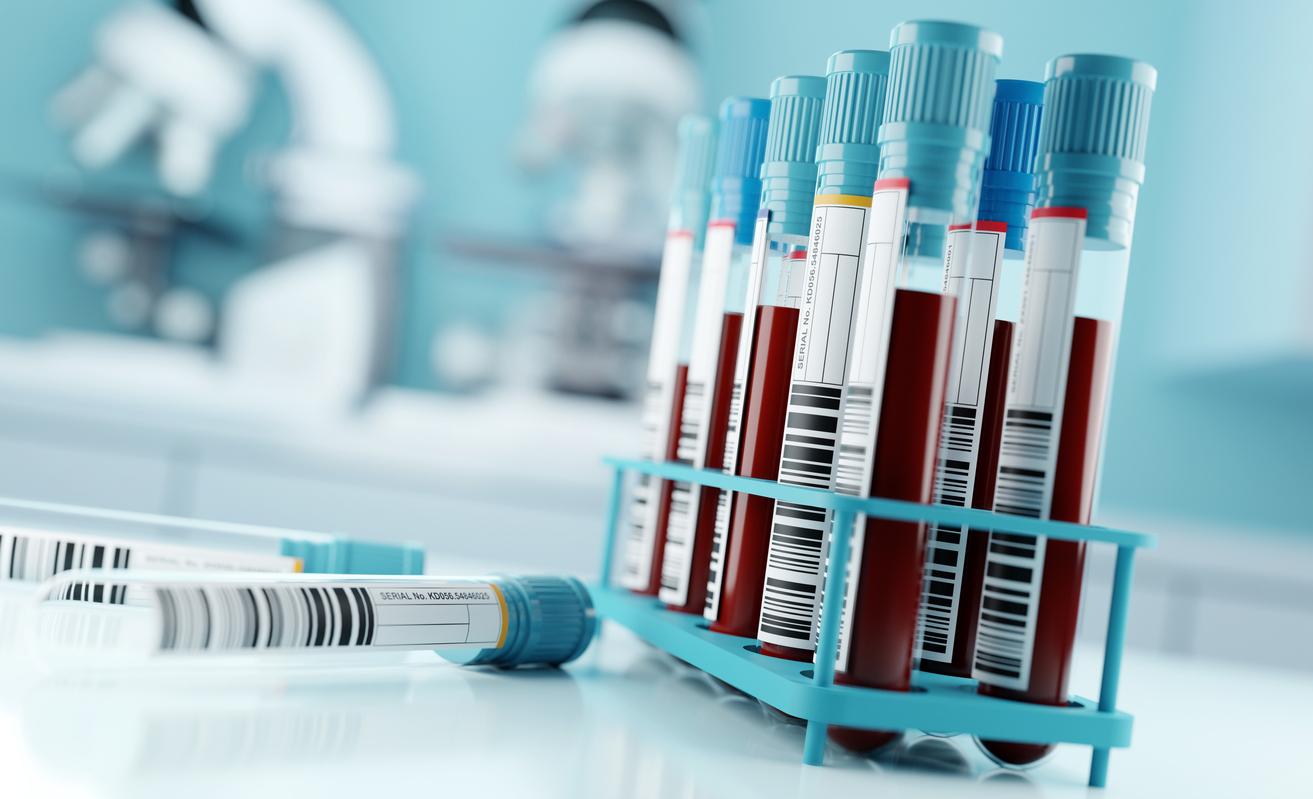Researchers at Washington State University have studied deadly bacteria that are attracted to human blood, nicknamed “vampire bacteria,” and discovered that what they love is serine.

- Some bacteria seek out and feed on human blood. They are called vampire bacteria.
- Researchers have identified at least three: Salmonella enterica, Escherichia coli and Citrobacter koseri.
- They also discovered that they are attracted to blood serum, and more specifically an amino acid called serine.
“Bacteria infecting the bloodstream can be fatal”says Arden Baylink of Washington State University (WSU) and corresponding author of the research. “We learned that some of the ones that most commonly cause blood infections detect a chemical in human blood and swim toward it.”
These pathogens that feed on human blood are nicknamed “vampire bacteria”. By studying them, researchers have shed light on their functioning as well as their guilty pleasure: serum (the liquid part of the blood which contains nutrients), and more particularly serine (an amino acid present in the blood, but also a common ingredient in protein drinks).
Their work was the subject of an article in the journal e-life.
Vampire bacteria are fond of serine
Looking at bacteria, the team discovered that Salmonella enterica, Escherichia coli and Citrobacter koseri are attracted to human serum. However, these three pathogens are one of the main causes of death in people with inflammatory bowel diseases. Researchers suggest that the intestinal bleeding that patients often suffer from can provide entry points into the bloodstream for these dangerous bacteria.
Using a high-powered microscope, scientists simulated intestinal bleeding by injecting microscopic amounts of human serum near the bacteria. Result: it takes them less than a minute to find it.
They also discovered that Salmonella can detect and swim towards the blood thanks to a protein receptor called Tsr. They also saw that the protein’s atoms interact with serine. The authors therefore believe that serine is one of the chemicals in the blood that bacteria detect and consume.
Vampire bacteria: towards a treatment for blood infections?
For researchers, their discovery provides new information on the development of blood infections and could also help develop new treatments.
“By learning how these bacteria are able to detect blood sources, we could in the future develop new drugs that block this ability. These drugs could improve the lives and health of people with IBD who are at high risk of ‘blood infections’indicates the main author of the study, Siena Glenn in a communicated.

















